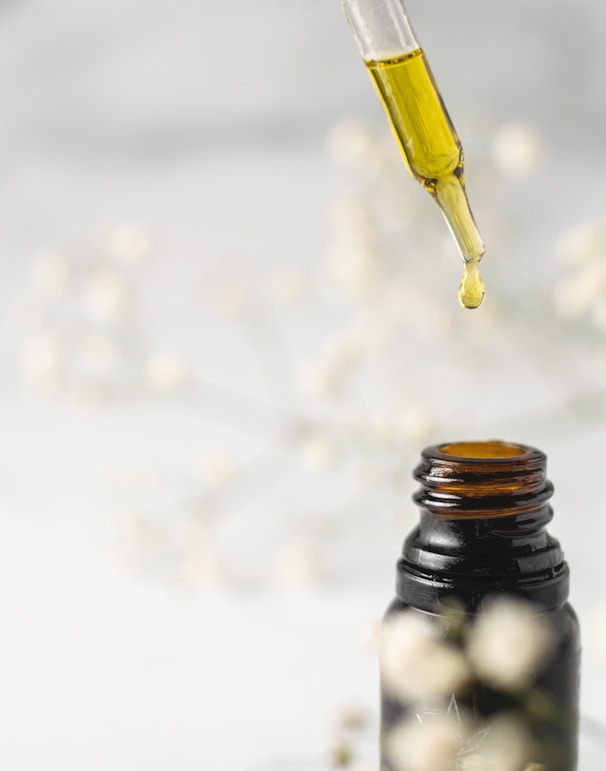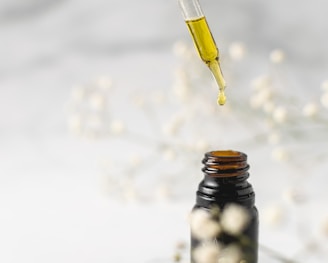The Importance of Suboxone Clinics: Accessing Suboxone Doctors Online
Introduction
Opioid addiction is a significant public health crisis affecting millions of people worldwide. The devastating impact of opioid abuse, including increased rates of overdose and death, has prompted the need for effective and accessible treatments. Among the various treatment options available, Suboxone has emerged as a critical medication in managing opioid addiction. Suboxone clinics provide essential services, offering both medication and comprehensive support to individuals battling opioid addiction. In recent years, the option to access Suboxone doctors online has revolutionized the way patients receive care, making treatment more convenient and accessible. This article delves into the importance of Suboxone clinics, the benefits of consulting a Suboxone doctor online, and the overall impact of these services on health and well-being.
Understanding Suboxone and Its Role in Opioid Addiction Treatment
What is Suboxone?
Suboxone is a prescription medication used to treat opioid addiction. It is a combination of two active ingredients: buprenorphine and naloxone. Buprenorphine is a partial opioid agonist that helps to reduce cravings and withdrawal symptoms without producing the intense high associated with full opioid agonists. Naloxone is an opioid antagonist that blocks the effects of opioids and prevents misuse of the medication. Together, these components work synergistically to help individuals overcome their dependence on opioids.
How Does Suboxone Work?
Suboxone works by binding to the same receptors in the brain that opioids bind to, but it activates them to a much lesser extent. This action helps to alleviate withdrawal symptoms and reduce cravings, allowing individuals to focus on their recovery. Naloxone is included in the formulation to deter misuse; if Suboxone is taken in a manner other than prescribed, such as by injection, naloxone will precipitate withdrawal symptoms, discouraging such behavior.
Benefits of Suboxone in Opioid Addiction Treatment
Suboxone has several advantages over other treatment options:
Reduced Risk of Overdose: Suboxone has a ceiling effect, meaning that beyond a certain dose, it does not produce additional effects. This reduces the risk of overdose compared to other opioids.
Lower Potential for Abuse: The inclusion of naloxone in Suboxone helps to prevent misuse, making it a safer option for long-term management of opioid addiction.
Improved Access to Treatment: Suboxone can be prescribed by certified healthcare providers, making it more accessible than treatments that require administration in specialized facilities.
Enhanced Quality of Life: By reducing cravings and withdrawal symptoms, Suboxone enables individuals to engage more fully in their daily activities and recovery programs.
The Role of Suboxone Clinics
What are Suboxone Clinics?
Suboxone clinics are specialized healthcare facilities that provide comprehensive treatment for individuals with opioid addiction. These clinics offer a range of services, including medical assessments, medication management, counseling, and support groups. The primary goal of Suboxone clinics is to provide patients with the tools and resources they need to achieve and maintain sobriety.
Services Provided by Suboxone Clinics
Medical Assessments: Initial evaluations to determine the appropriate treatment plan for each patient.
Medication Management: Monitoring and adjusting Suboxone dosages to ensure optimal effectiveness and safety.
Counseling and Therapy: Individual and group therapy sessions to address the psychological aspects of addiction and support long-term recovery.
Support Groups: Peer support groups that provide a sense of community and shared experiences among individuals in recovery.
Educational Resources: Information and resources to help patients understand their condition and the steps they can take to support their recovery.
The Importance of Comprehensive Care
Effective opioid addiction treatment requires a holistic approach that addresses both the physical and psychological aspects of addiction. Suboxone clinics play a crucial role in providing this comprehensive care, ensuring that patients receive not only medication but also the necessary support and counseling to achieve lasting recovery.
Accessing Suboxone Doctors Online
The Rise of Telemedicine in Addiction Treatment
Telemedicine has revolutionized healthcare by providing patients with remote access to medical services. In the context of opioid addiction treatment, telemedicine has made it possible for individuals to consult Suboxone doctors online, breaking down barriers to care and making treatment more accessible.
Benefits of Consulting a Suboxone Doctor Online
Convenience: Online consultations eliminate the need for travel, making it easier for patients to access care from the comfort of their own homes.
Increased Access: Telemedicine expands access to treatment, particularly for individuals in rural or underserved areas where healthcare resources may be limited.
Privacy: Online consultations provide a level of privacy that may not be possible in traditional clinical settings, reducing the stigma associated with seeking treatment for addiction.
Continuity of Care: Telemedicine enables ongoing monitoring and support, ensuring that patients receive consistent care throughout their recovery journey.
How to Find a Suboxone Doctor Online
Research and Referrals: Start by researching reputable telemedicine platforms and seeking referrals from trusted sources, such as healthcare providers or support groups.
Check Credentials: Ensure that the Suboxone doctor you choose is certified to prescribe Suboxone and has experience in treating opioid addiction.
Schedule a Consultation: Once you have identified a potential provider, schedule an initial consultation to discuss your treatment needs and determine if they are a good fit for you.
Follow Up: Regular follow-up appointments are crucial for monitoring progress and making any necessary adjustments to your treatment plan.
Challenges and Considerations in Online Suboxone Treatment
Regulatory and Legal Considerations
While telemedicine has greatly expanded access to Suboxone treatment, it is important to be aware of regulatory and legal considerations. The prescription of controlled substances, including Suboxone, is subject to strict regulations. Ensure that the online Suboxone doctor you choose is operating within the legal framework of your state or country.
Ensuring Quality of Care
The quality of care provided through telemedicine should be equivalent to that of in-person consultations. It is important to choose a reputable telemedicine platform that adheres to high standards of care and patient confidentiality.
Addressing Technical Challenges
Accessing Suboxone treatment online requires reliable internet access and familiarity with digital communication tools. Patients should be provided with the necessary support and resources to navigate these challenges effectively.
Maintaining Patient Engagement
Engagement in treatment is crucial for success. Online Suboxone treatment should include regular check-ins, counseling sessions, and support groups to ensure that patients remain engaged and committed to their recovery.
The Future of Suboxone Clinics and Online Treatment
Advancements in Telemedicine
As technology continues to evolve, telemedicine is expected to play an increasingly important role in addiction treatment. Innovations such as virtual reality therapy and artificial intelligence-driven treatment plans hold promise for enhancing the effectiveness of online Suboxone treatment.
Integration of Holistic Care
The future of Suboxone clinics and online treatment lies in the integration of holistic care approaches. This includes not only addressing the medical and psychological aspects of addiction but also incorporating complementary therapies such as nutrition counseling, exercise programs, and mindfulness practices.
Expanding Access to Underserved Populations
Efforts to expand access to Suboxone treatment must focus on reaching underserved populations, including those in rural areas, low-income communities, and marginalized groups. Telemedicine can play a key role in bridging these gaps and ensuring that all individuals have access to the care they need.
Continued Research and Innovation
Ongoing research is essential to improving our understanding of opioid addiction and developing more effective treatment strategies. Suboxone clinics and telemedicine providers must stay abreast of the latest research and incorporate evidence-based practices into their treatment programs.
Conclusion
Suboxone clinics and the availability of Suboxone doctors online have transformed the landscape of opioid addiction treatment. By providing accessible, comprehensive, and convenient care, these services have empowered individuals to take control of their recovery and improve their overall health and well-being. As the field of telemedicine continues to advance, the future holds even greater promise for enhancing the effectiveness and reach of Suboxone treatment. By prioritizing quality care, addressing regulatory and technical challenges, and expanding access to underserved populations, we can continue to make significant strides in combating the opioid crisis and supporting individuals on their journey to recovery.


